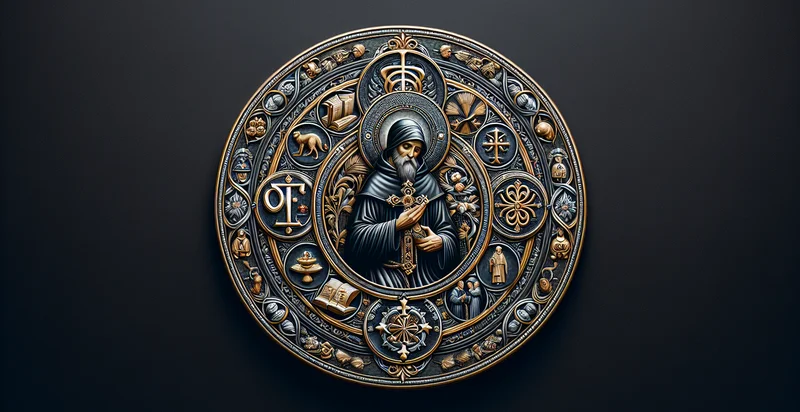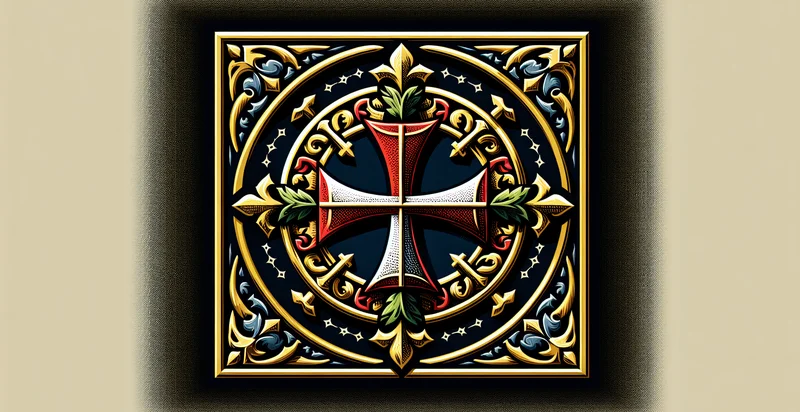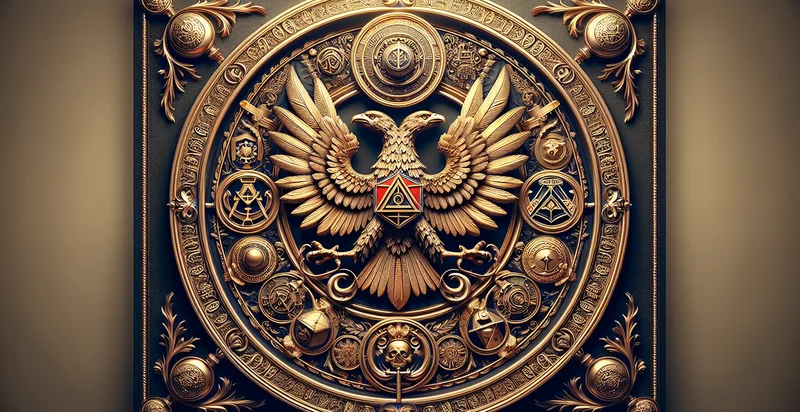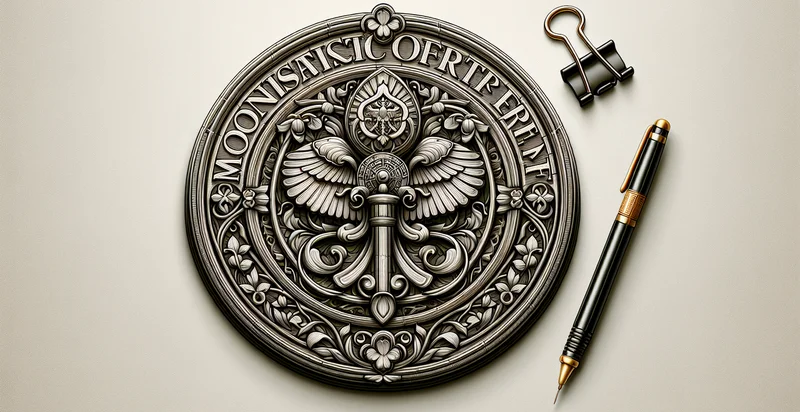Identify mendicant order emblem
using AI
Below is a free classifier to identify mendicant order emblem. Just upload your image, and our AI will predict what mendicant order emblem it is - in just seconds.

Contact us for API access
Or, use Nyckel to build highly-accurate custom classifiers in just minutes. No PhD required.
Get started
import nyckel
credentials = nyckel.Credentials("YOUR_CLIENT_ID", "YOUR_CLIENT_SECRET")
nyckel.invoke("mendicant-order-emblem", "your_image_url", credentials)
fetch('https://www.nyckel.com/v1/functions/mendicant-order-emblem/invoke', {
method: 'POST',
headers: {
'Authorization': 'Bearer ' + 'YOUR_BEARER_TOKEN',
'Content-Type': 'application/json',
},
body: JSON.stringify(
{"data": "your_image_url"}
)
})
.then(response => response.json())
.then(data => console.log(data));
curl -X POST \
-H "Content-Type: application/json" \
-H "Authorization: Bearer YOUR_BEARER_TOKEN" \
-d '{"data": "your_image_url"}' \
https://www.nyckel.com/v1/functions/mendicant-order-emblem/invoke
How this classifier works
To start, upload your image. Our AI tool will then predict what mendicant order emblem it is.
This pretrained image model uses a Nyckel-created dataset and has 15 labels, including Augustinians, Benedictines, Capuchins, Carmelites, Dominicans, Franciscans, Jesuits, Mercedarians, Odorati and Order Of The Holy Ghost.
We'll also show a confidence score (the higher the number, the more confident the AI model is around what mendicant order emblem it is).
Whether you're just curious or building mendicant order emblem detection into your application, we hope our classifier proves helpful.
Related Classifiers
Need to identify mendicant order emblem at scale?
Get API or Zapier access to this classifier for free. It's perfect for:
- Cultural Heritage Preservation: This function can aid museums and cultural institutions in identifying and authenticating historical artifacts and artworks related to mendicant orders. By accurately detecting emblems, institutions can enhance provenance research and improve educational exhibits.
- Academic Research: Scholars studying mendicant orders can utilize this function to classify literature and iconography associated with these groups. This would streamline the process of compiling historical data and facilitate more accurate academic publications.
- Art Restoration: In art conservation, this function can assist restorers in identifying elements of mendicant order emblems within historical artworks. Accurate identification ensures that restorations are performed faithfully, preserving the original intent and context of the piece.
- Insurance Verification: Insurance companies can employ this function to verify the authenticity of artworks or artifacts believed to be linked to mendicant orders during claims processing. This adds a layer of security and helps mitigate fraud in valuing cultural or religious items.
- Educational Tools: Educational platforms can integrate this image classification function to create interactive learning modules about mendicant orders. This enhances student engagement and comprehension by providing real-time identification of emblems in historical contexts.
- Social Media Content Analysis: Digital marketers can use this tool to analyze and classify images shared on social media related to mendicant orders. This helps in understanding public interest and sentiment towards historical themes, enabling targeted content strategies.
- E-commerce and Valuation: Online marketplaces can incorporate this function to automatically classify and validate items associated with mendicant orders before listing them for sale. This ensures accurate descriptions and helps buyers make informed purchasing decisions based on authenticity.


